7 Most Dangerous Railway Routes In India That Will Scare You
India comprises some of the most breathtaking and heart racing railway routes from deep mountain climbs to tracks hanging beside waterfalls. Here are 7 India’s most dangerous yet unforgettable railway journeys.
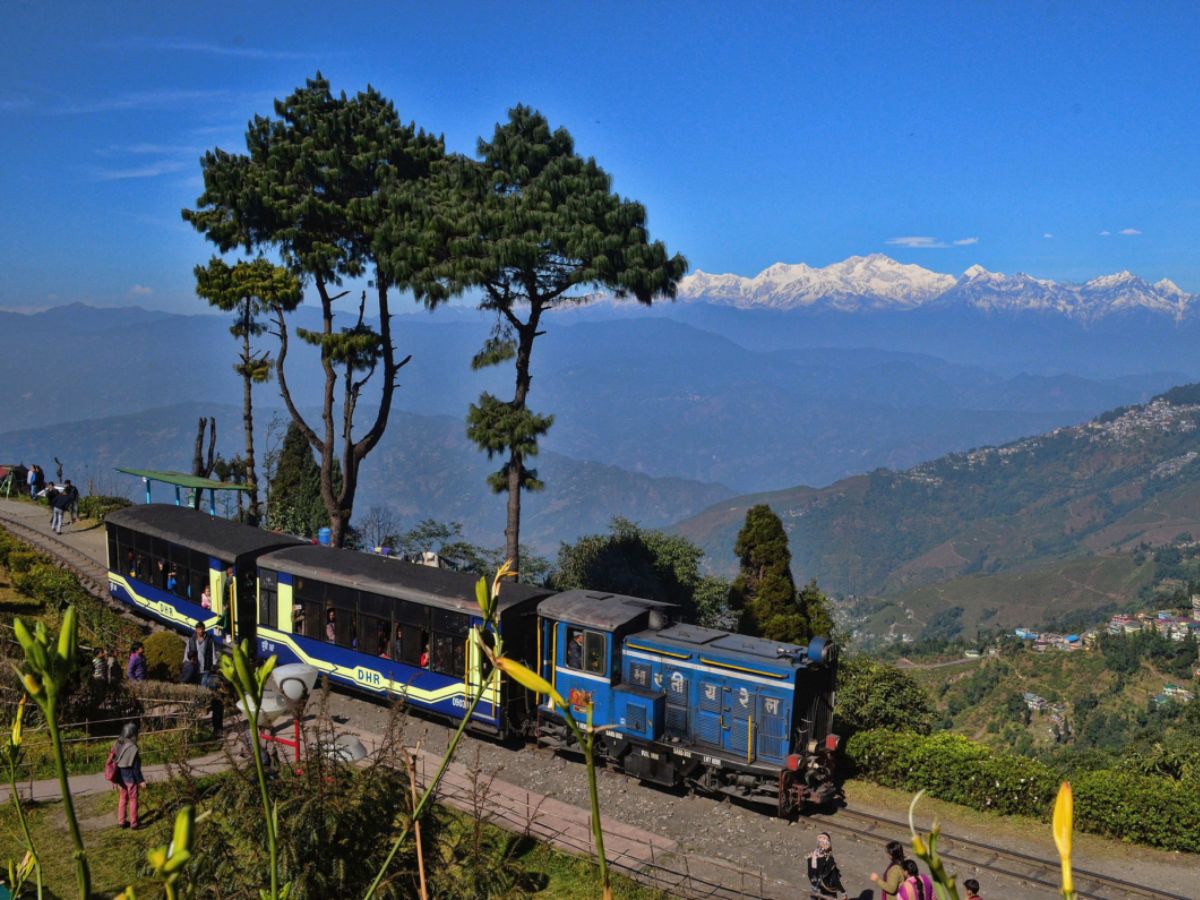
Darjeeling Himalayan Railway (West Bengal)
A narrow-gauge train travels through steep Himalayan slopes, hair pin bends and sharp zigzags. It is a UNESCO World Heritage route with sudden landslides and fog which makes it even riskier during winter and monsoon season.

Kalka–Shimla Railway (Himachal Pradesh)
This historic line has 800 + bridges, 102 tunnels and countless curves. It is a tourist favorite despite the dangers through fragile hills prone to landslides, especially in the rainy season.
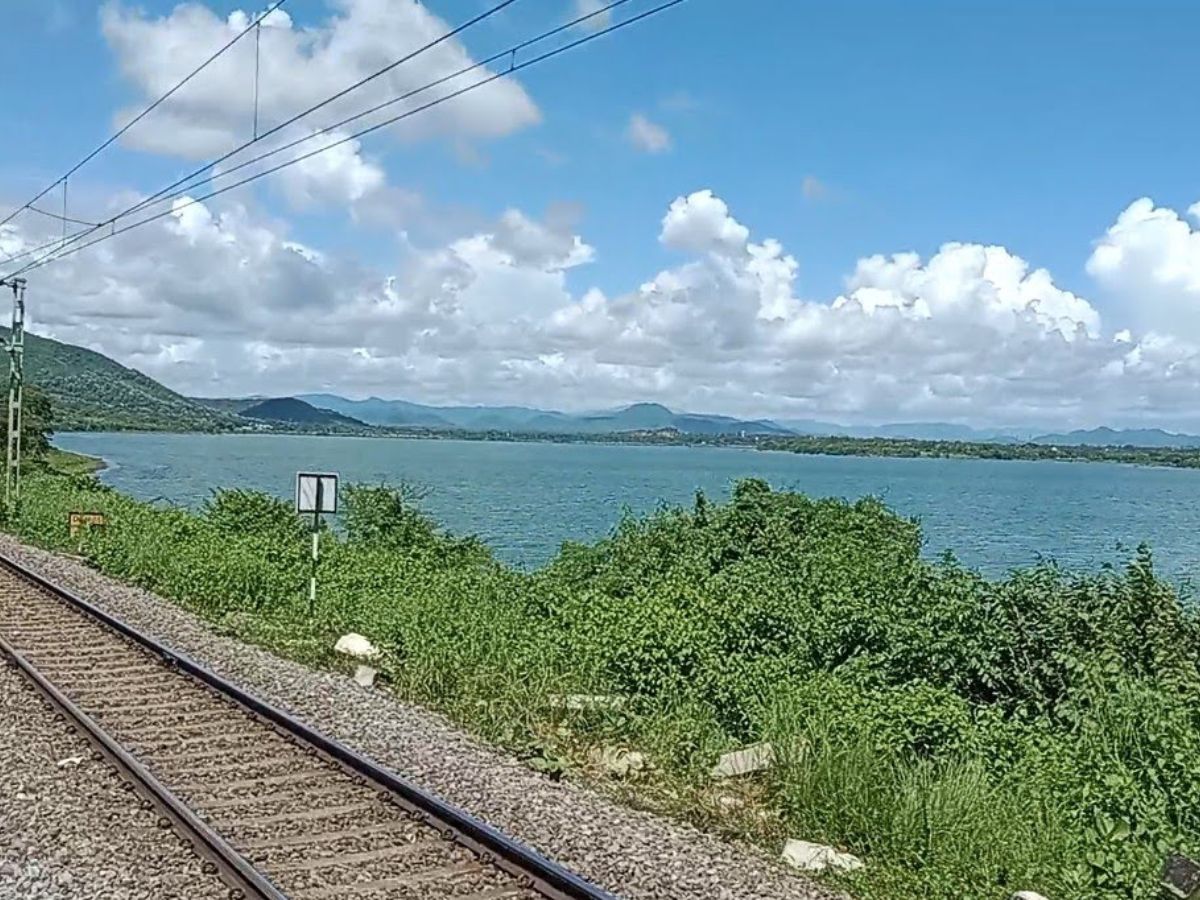
Chilka Route (Odisha)
The trains in this place run extremely close to the massive chilka lake. High tides can cause water logging and reduce visibility during the monsoon season. It can make the ride very challenging. It can be a thrill for some and a nightmare for others.
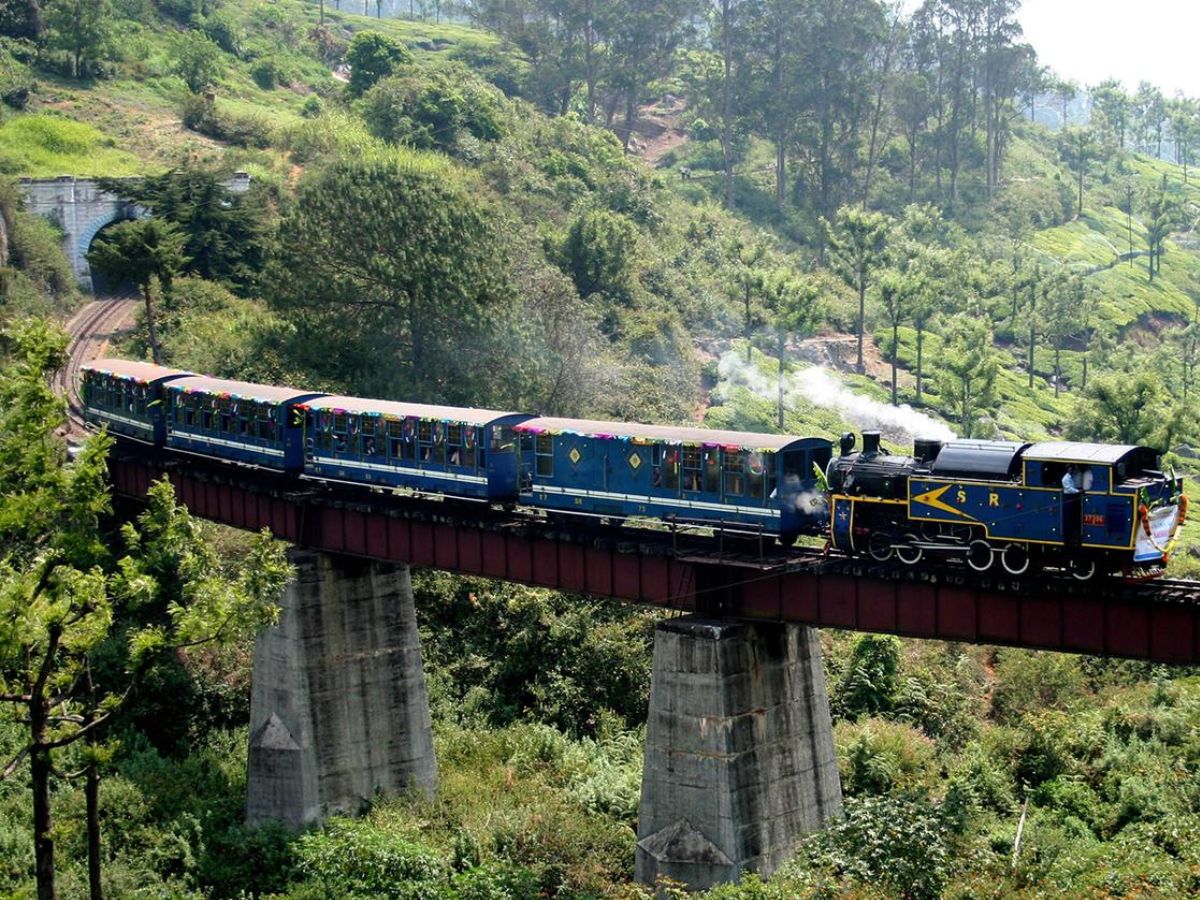
Mettupalayam–Ooty (Nilgiri Mountain Railway, Tamil Nadu)
This track is the India's cheapest track with tight corners and sharp gradients. It moves through dense forests and slippery hill paths with a rack and pinion system to climb steep inclines.
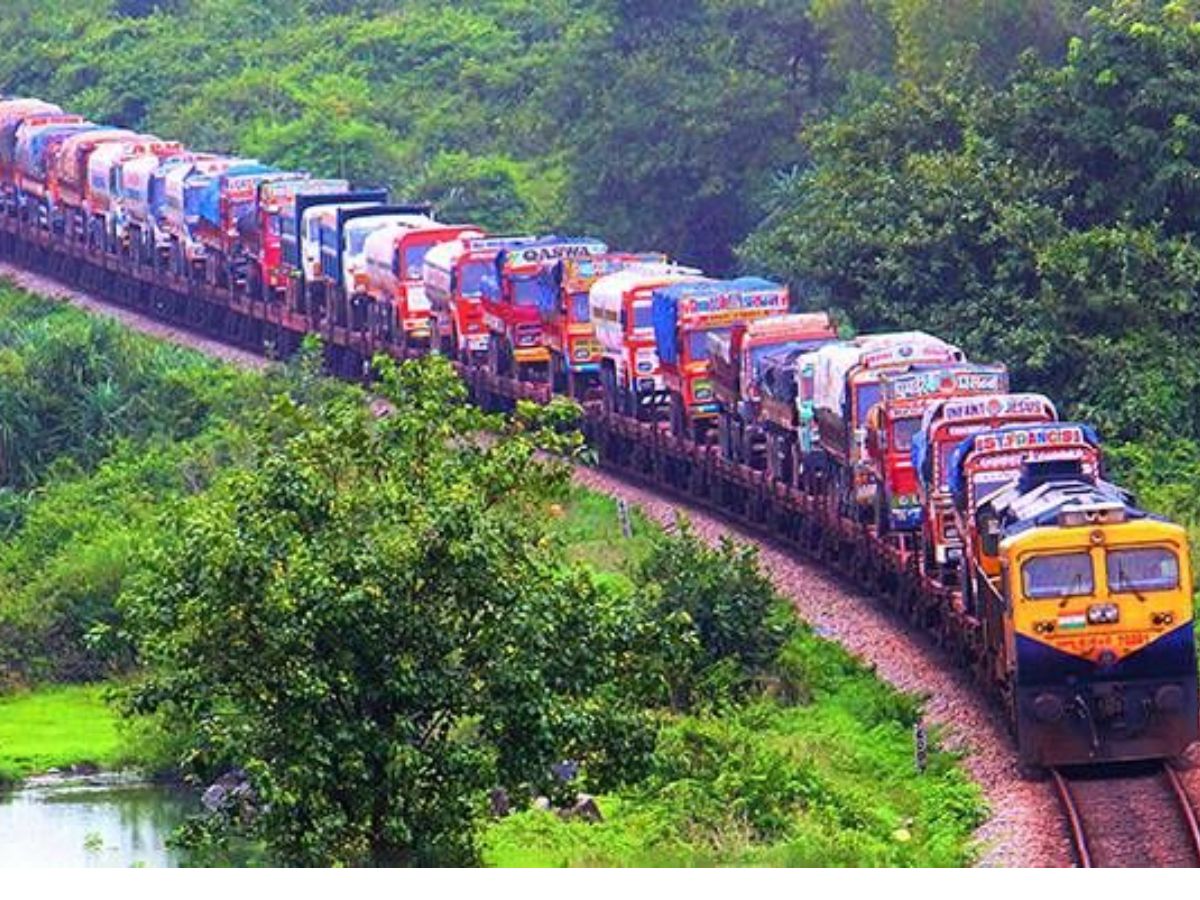
Mandovi Express (Goa–Mumbai via Konkan Railway)
Panoramic sea views on one side, steep values on the other. The Konkan line is known for its landslide-prone terrain and scenic charm. The Mandovi express crosses countless cliffs and drivers where one misstep could mean disaster.
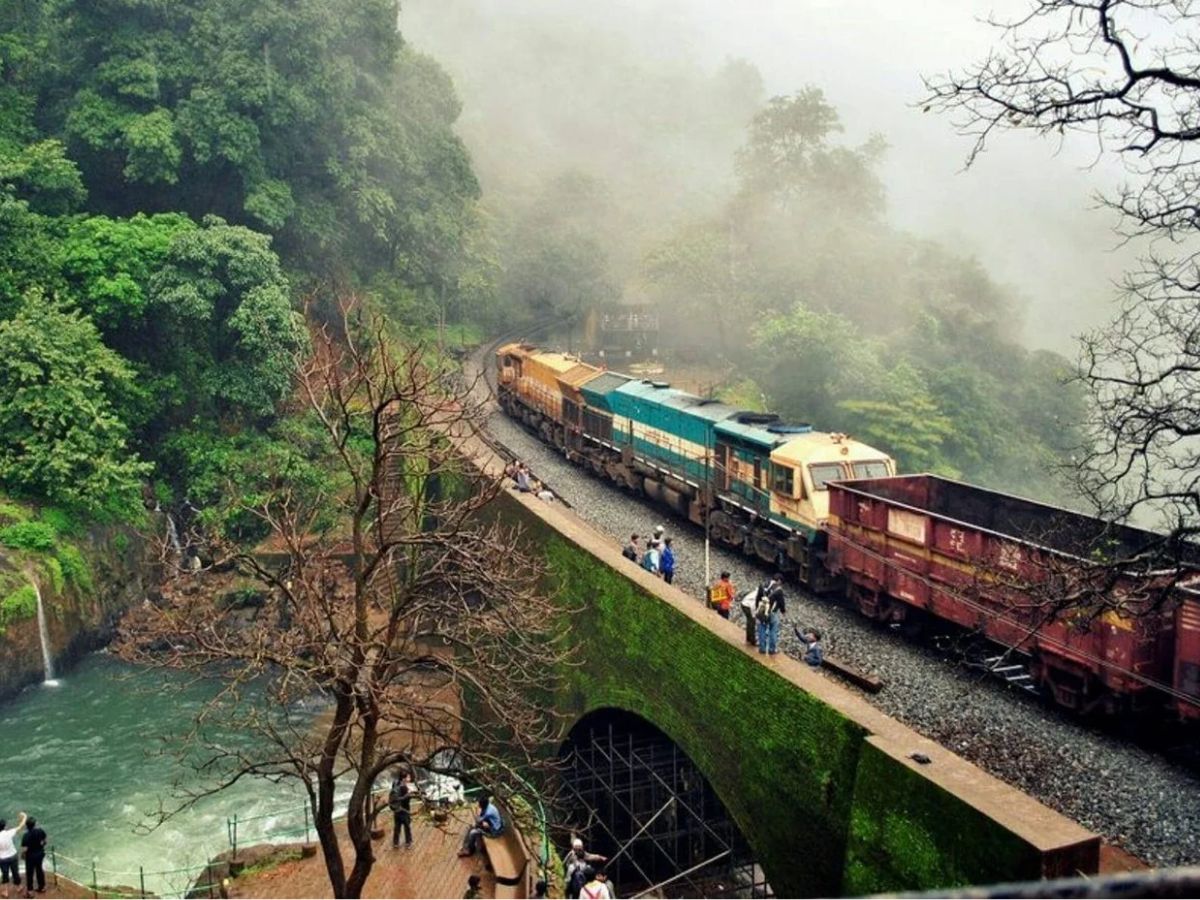
Dudhsagar Falls Route (Goa-Karnataka Border)
As the train goes around the edge of the Dudhsagar falls, the slippery rocks and narrow tracks make it extremely risky. Trains appear to cut right through the waterfall!
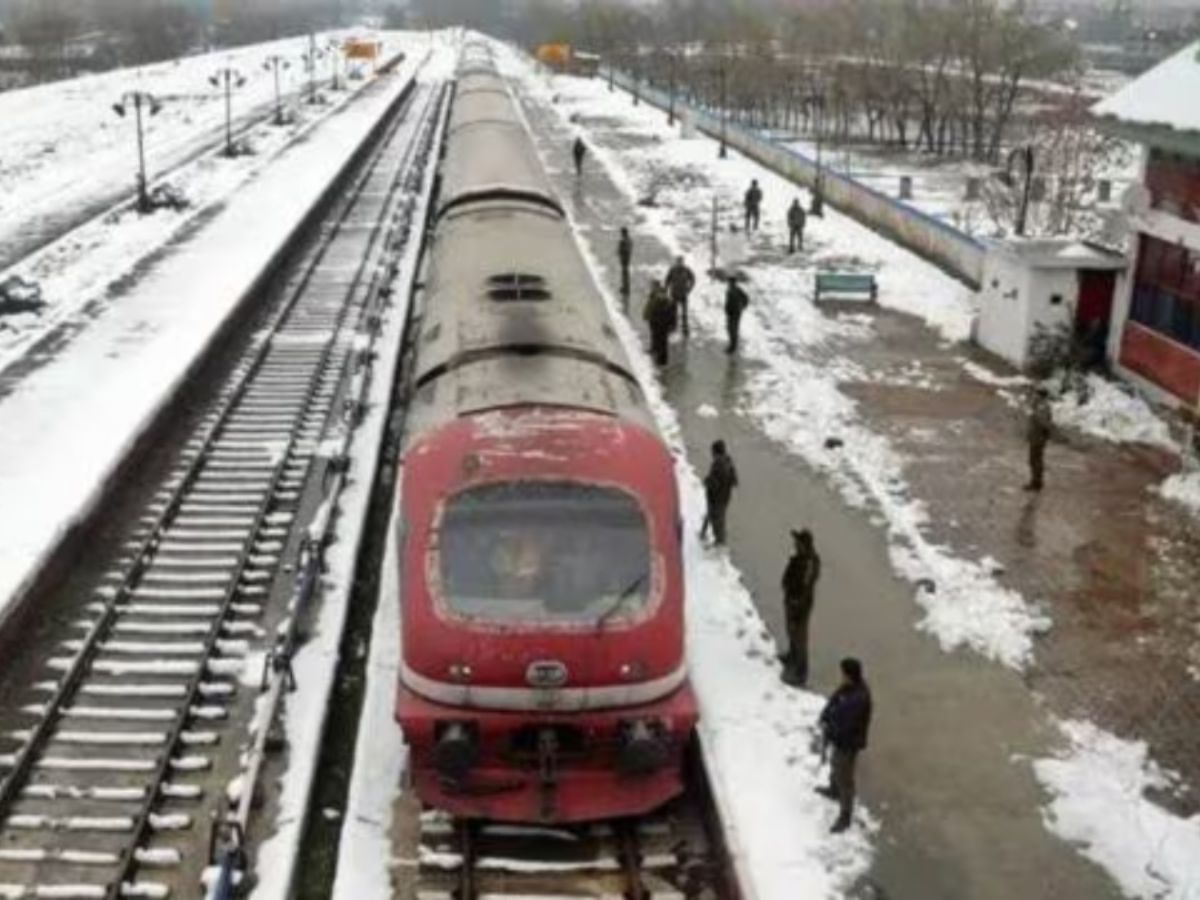
Jammu–Baramulla Line (Jammu & Kashmir)
This route connects Kashmir to the rest of India, navigating extremely cold, snow cloud hills and seismic zones. With extreme climate, this is a highly risky ride.
Disclaimer-This content is intended for information or general knowledge purpose only. All information was derived from publicly available sources. All pictures belong to their own respective owners. No copyright infringement intended. Some things may vary with time.





